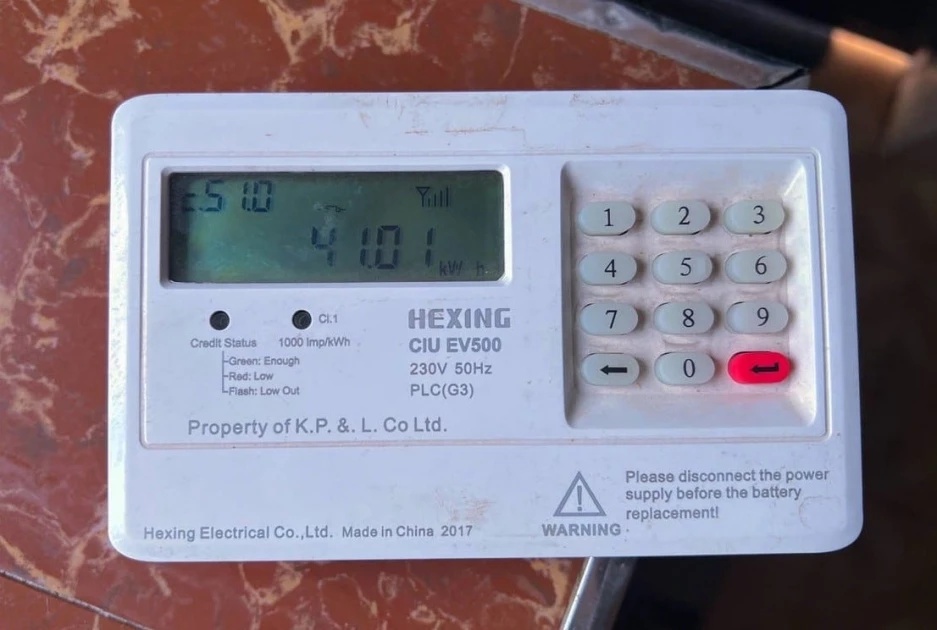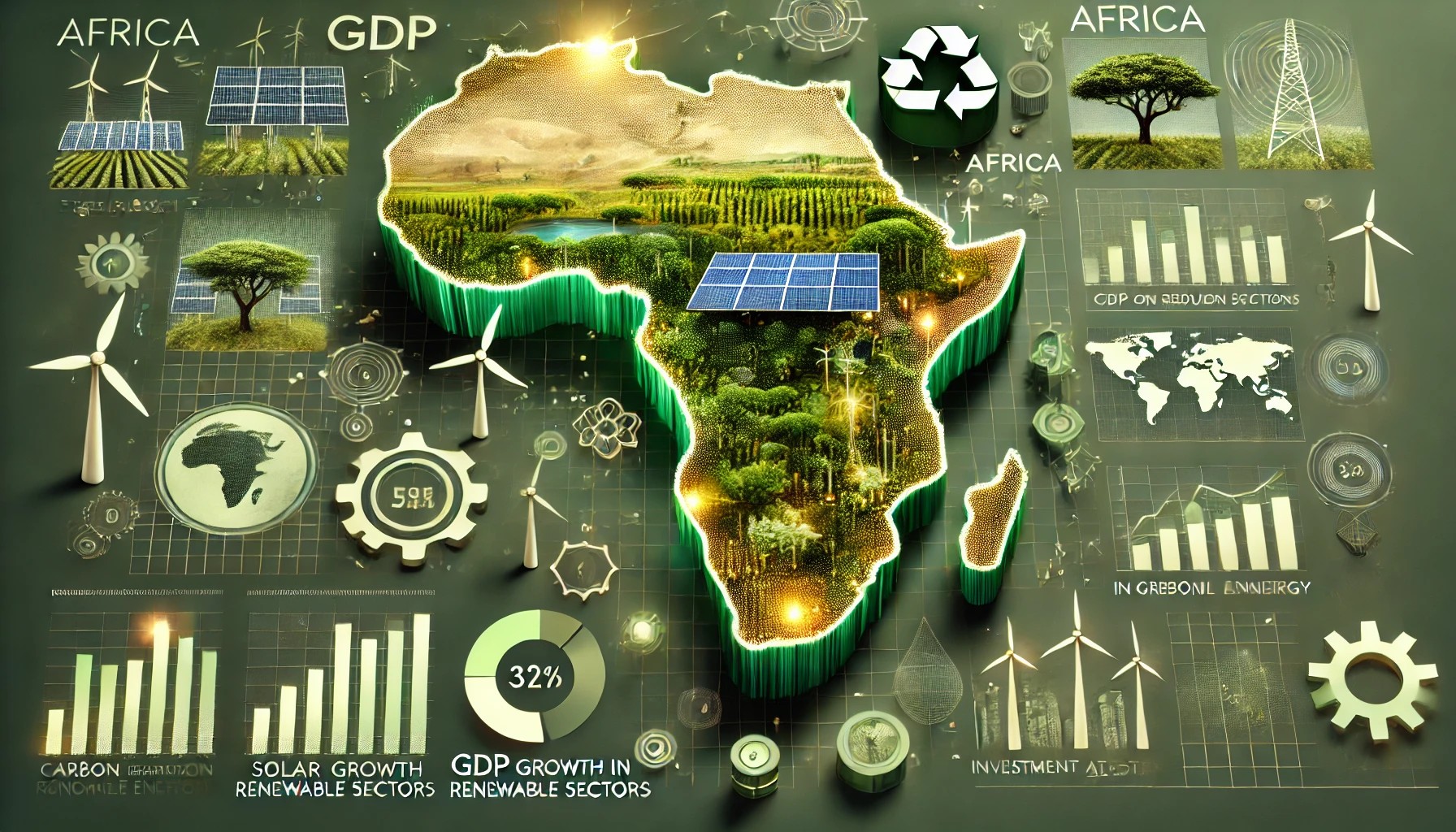Written By: Faith Jemosop
Africa is witnessing a silent revolution. As the continent pushes for a just energy transition, energy storage has emerged as the cornerstone of integrating renewable sources like solar and wind into national grids.
Unlike fossil fuels, which generate power on demand, renewables are intermittent. That’s where battery storage comes in, storing excess power when supply is high and releasing it when demand surges.
But who is powering this change behind the scenes?
This list is based on project footprints, technological innovation, market presence, and impact on grid resilience.
1. BYD (Build Your Dreams) Africa
Headquarters: China | African Operations: South Africa, Morocco, Egypt
Specialty: Lithium iron phosphate (LiFePO4) batteries
Key Projects: BESS for telecom towers in South Africa, mini-grid support in Morocco
BYD is one of the world’s largest battery manufacturers and has steadily expanded into Africa. Their energy storage solutions are known for durability, high energy density, and thermal safety. In South Africa, BYD supplies storage systems to support unstable grids and has partnered with telecoms to maintain uptime in remote towers.
2. Tesla Africa
Headquarters: USA | African Operations: South Africa, Egypt
Specialty: Powerwall and Megapack systems
Key Projects: Tesla Megapack trials in Cape Town, off-grid Powerwalls in Northern Africa
Tesla’s Megapack installations are making waves globally, and its African footprint is growing, especially in urban centers with frequent blackouts. Tesla is currently involved in backup solutions for critical infrastructure like hospitals and municipalities in South Africa.
3. BlueNova Energy
Headquarters: Cape Town, South Africa
Specialty: High-performance lithium iron phosphate (LiFePO4) battery systems
Key Projects: Home and business energy storage in SA, BESS units for off-grid schools
As one of Africa’s homegrown storage pioneers, BlueNova offers customized solutions tailored to local energy challenges. Their batteries are built to withstand high temperatures, irregular load shedding, and irregular power spikes, making them ideal for the continent.
4. Scatec
Headquarters: Norway | African Operations: South Africa, Egypt, Kenya
Specialty: Integrated solar-plus-storage projects
Key Projects: 540 MW Kenhardt solar and battery project in South Africa
Scatec recently launched one of Africa’s most ambitious battery storage projects, Kenhardt in South Africa, with nearly 1,140 MWh of battery capacity. This is part of its broader plan to decarbonize grids using hybrid solar-storage plants. The company is also in talks to expand similar models to Kenya and Ghana.
5. Sungrow Africa
Headquarters: China | African Operations: Nigeria, Kenya, South Africa
Specialty: Containerized BESS, hybrid inverters
Key Projects: Industrial solar-storage hybrid systems in Nigeria
Why it matters:
Sungrow is an energy heavyweight known for its inverter technology. In Africa, it focuses on solar-plus-storage combos for industries battling grid unreliability. Its containerized battery systems are ideal for modular deployments in urban and rural setups alike.
6. SolarAfrica Energy
Headquarters: Pretoria, South Africa
Specialty: Solar and storage leasing for businesses
Key Projects: Storage-integrated solar plants for shopping malls and universities
SolarAfrica is redefining commercial energy in Africa. Its pay-as-you-use model allows businesses to access storage-backed solar without the heavy upfront cost. By integrating smart monitoring and predictive usage, they are enhancing energy reliability and cutting costs across campuses and shopping malls.
7. Konexa
Headquarters: UK | African Operations: Nigeria
Specialty: Integrated energy services, mini-grid plus BESS
Key Projects: Kaduna Distributed Renewable Energy project
Konexa is proving that storage isn’t just about big urban grids. Their work in Kaduna, Nigeria combines solar mini-grids with advanced battery storage, offering 24/7 electricity to rural communities and urban fringe households. This model is helping bridge the last-mile energy access gap.
8. Jinko Power
Headquarters: China | African Operations: Egypt, Tunisia, South Africa
Specialty: Utility-scale solar with grid-scale BESS integration
Key Projects: Kom Ombo Solar + Storage project in Egypt
Why it matters:
Jinko is more than a panel supplier, it is entering storage with a focus on utility-scale renewable parks. In Egypt, Jinko is helping stabilize the grid through solar-plus-storage projects that balance demand peaks and keep the transmission system steady.
9. ZOLA Electric
Headquarters: USA | African Operations: Tanzania, Rwanda, Nigeria
Specialty: Smart modular energy storage for homes and small businesses
Key Projects: ZOLA Infinity system rollouts in off-grid areas
ZOLA’s innovation lies in modular, plug-and-play storage systems designed for African conditions. Their smart systems can be scaled from a single home to a micro-grid without re-engineering. ZOLA is tackling energy poverty head-on in regions with low electrification rates.
10. CATL Africa (Contemporary Amperex Technology Co.)
Headquarters: China | African Operations: South Africa, DRC (via partnerships)
Specialty: Lithium-ion battery manufacturing and utility-scale storage
Key Projects: Exploration of African lithium sourcing, early BESS deployments
Also Read: Why Battery Storage Is the Real Game-Changer
Though still building its African footprint, CATL’s partnerships in mineral-rich regions like the DRC give it a unique edge. With plans to localize battery production and storage assembly, CATL could significantly reduce Africa’s dependency on imported energy technologies.
Why Energy Storage is a Game-Changer for Africa
According to the International Renewable Energy Agency (IRENA), Africa will need over 30 GW of battery storage by 2030 to meet its climate goals and manage growing electricity demand. Countries like South Africa, Egypt, Kenya, Nigeria, and Morocco are leading in BESS (Battery Energy Storage Systems) deployments.
The key benefits of energy storage in Africa include:
- Grid Stabilization: Batteries can smooth out fluctuations from solar and wind.
- Load Shifting: Store energy during off-peak hours and use during peak times.
- Energy Access: Mini-grids with storage provide constant power in remote areas.
- Resilience: Hospitals, schools, and businesses can stay operational during outages.
Africa’s journey to energy independence will not be powered by fossil fuels, but by innovation, collaboration, and storage. The top 10 companies above are leading that transformation. From giant multinationals like Tesla and BYD to local innovators like BlueNova and SolarAfrica, these firms are creating systems that ensure the lights stay on, even when the sun isn’t shining.
As climate concerns deepen and electricity demand grows, energy storage will be the backbone of Africa’s clean energy future. The question now is not if, but how fast Africa can scale up battery solutions to empower every home, business, and village.















